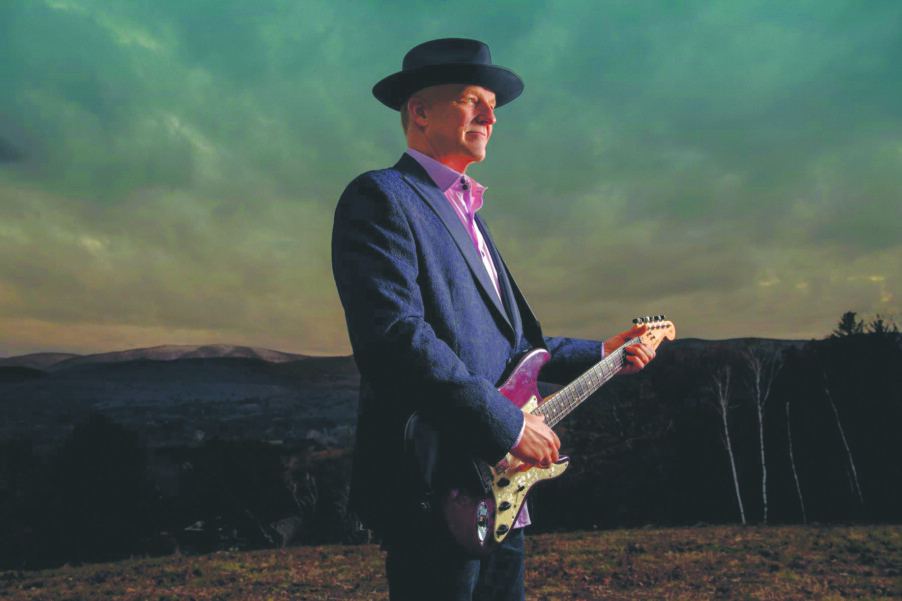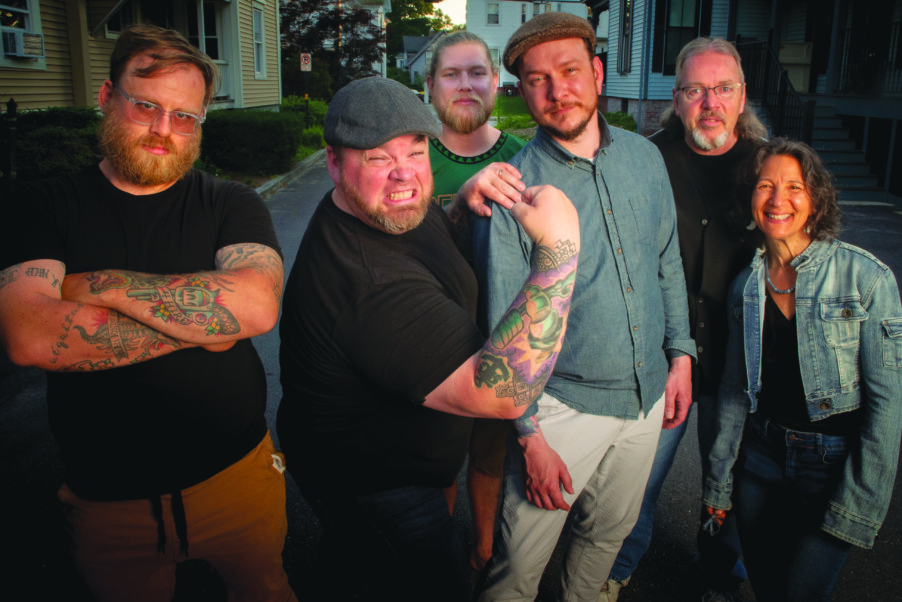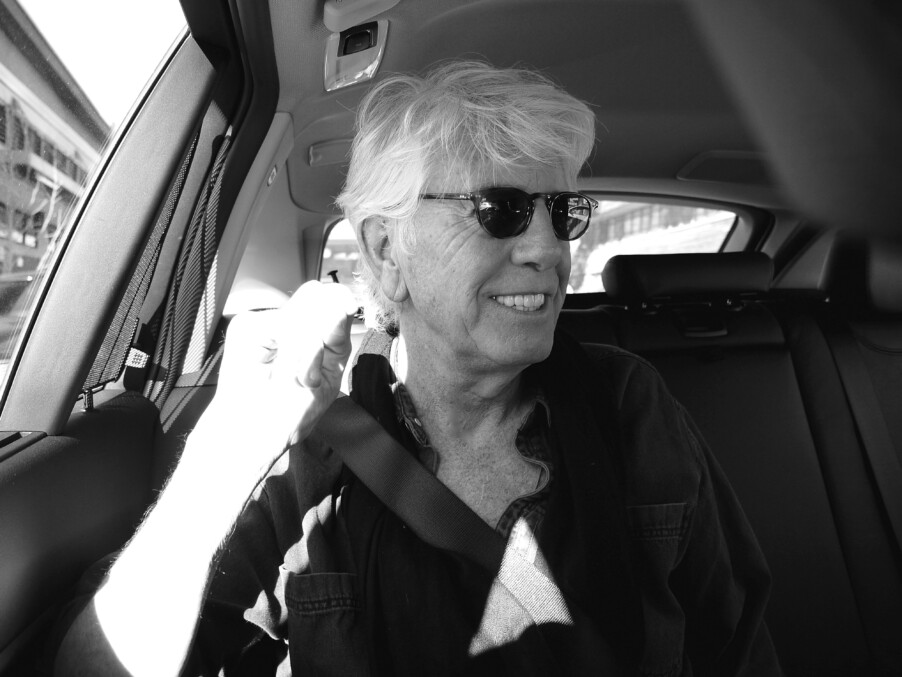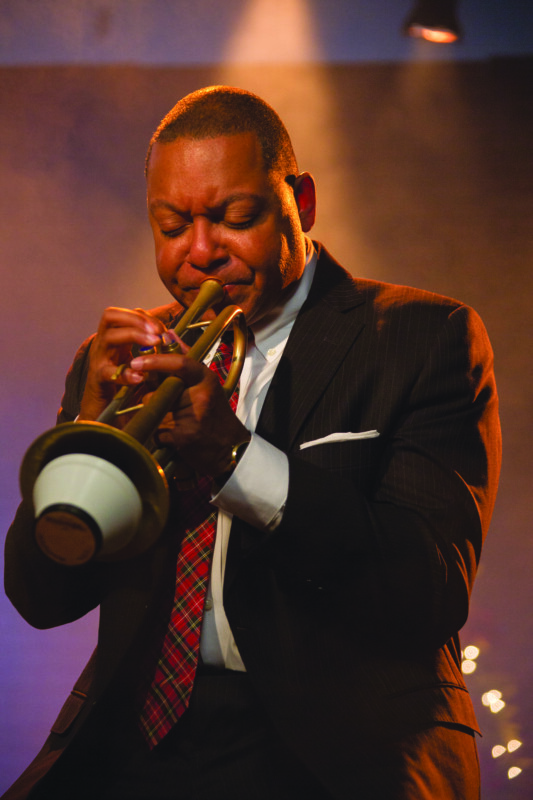Greg Fitzsimmons brings his comedy to Manchester
It was inevitable that Greg Fitzsimmons would find his way into comedy. His father was a revered New York City radio host who knew guys like Henny Youngman and emceed Friars Club roasts. “It was sort of the family business…. It’s like when your father’s a doctor, you think, ‘OK, Dad did that, I could do it,’” Fitzsimmons said by phone recently.
That prediction has been borne out by a career lasting over 30 years. He’s won accolades for his writing skills, including four daytime Emmys working on the Ellen DeGeneres show, and his standup, which comes to Manchester for two shows on Aug. 12 and Aug. 13. However, Fitzsimmons’s first foray into comedy happened in Boston, not the Big Apple.
In the late ’80s, while attending BU, he tested the waters at places like Nick’s Comedy Stop, one among a rich crop of new comics.
“Joe Rogan and I started at the exact same time,” he said. “We spent a lot of time in cars together, going to gigs all over New England. Dane Cook, David Cross, Marc Maron, Louis C.K., Bill Burr, Patrice O’Neal…. Those were all the guys that were around when I was coming up. It was just crazy that there was this much talent.”
One luxury they shared during that time was access, even if there were plenty of what Fitzsimmons termed “hell gigs … true saloon comedy where it was never assumed that the comedian was the funniest one in the room” — a hard but valuable proving ground. Today’s young comics are encountering a different terrain.
“It’s so competitive at the entry level, trying to get seen and get stage time,” Fitzsimmons said. “I was fortunate enough to make a living when I wasn’t even very funny just because there was a ton of rooms and they needed warm bodies. Because of that, I was able to log my 10,000 hours and get to a more proficient place.”
Fitzsimmons was one of the first comics to launch a podcast, in the mid-2000s. It grew out of a radio show Howard Stern gave him for his Howard 101 channel. “I would get these really great guests, like Bill Burr, Adam Carolla, Jimmy Kimmel and Sarah Silverman, and then it would be over so fast,” he said. “So we’d continue with the same guest for another hour.”
The Fitzdog Radio podcast marks its 1,000th episode in a few weeks. Along with Ellen, he’s also written for HBO’s slice-of-standup-life series Crashing, The Man Show, Politically Incorrect and Lucky Louie. The latter was his favorite. “I just had so much respect for Louis [C.K.],” he said. “We started in Boston together, we’ve always lived in the same city, and we have kids that are the same age. We’d drive to work together and just talk about ideas … very organic, I didn’t have to imagine anything. We just had to tell stories from our life.”
An unconventional show with a dour disposition, Lucky Louie only lasted one season, though HBO ordered a second one that wasn’t made. “I think the show was aesthetically unappealing … done to look like The Honeymooners,” Fitzsimmons said. “With the drabness of the characters, it became something people [who] watch sitcoms weren’t used to. They wanted a bunch of people in a bright coffee shop.”
The comic’s onstage act doesn’t suffer similarly. Fitzsimmons is quick and instinctive, adept at crowd work and able to mine his own life for comedy gold. Lately, as he noted in a recent Fitzdog Radio episode, he’s hitting on all cylinders.
“I’m very funny right now; it goes in waves,” he said. As to why, “it’s all about being in the moment. … There are times where you’re caught up in your thoughts and second-guessing, trying too hard, worrying about whatever you’re doing wrong. Then there are times you just get in the pocket … it’s money. Even the same jokes you’ve been doing for a long time have new life in them for some reason.”
If it sounds easy, it’s not, he continued, offering advice to aspirants: “Comedy is a game of inches; each joke lives and dies on a turn of a phrase, losing a word or adding a little tag line,” he said. It starts with finding a voice. “Some people are storytellers and it doesn’t hinge on the words as much. But life for most comics really is about rolling up your sleeves, really honing the material. Because people are seeing a lot of comedy; they know the difference. They can feel it when somebody has put in the work.”
Greg Fitzsimmons
When: Friday, Aug. 12, 8:30 p.m. and Saturday, Aug. 13, 9 p.m.
Where: Chunky’s Cinema Pub, 707 Huse Road, Manchester
Tickets: $30 at chunkys.com
Featured photo: Greg Fitzsimmons. Courtesy photo.






